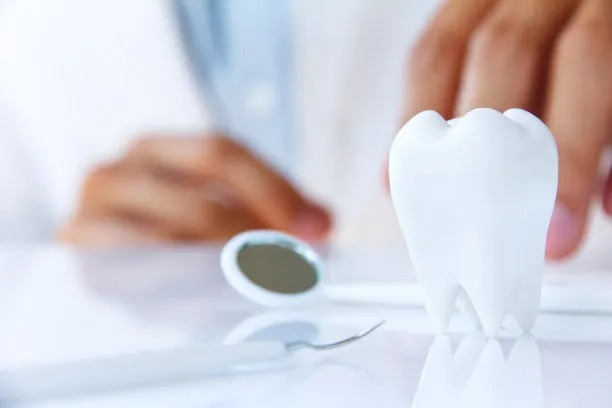The Importance of Extracting a Tooth and How It Affects Your Overall Oral Health and Wellbeing
Summary: Extracting a tooth may seem like a daunting step, but it plays a vital role in maintaining overall oral health and well-being. This article will explore the importance of tooth extraction, detailing how it can alleviate pain, prevent infections, enhance dental aesthetics, and facilitate better oral hygiene. You will gain a comprehensive understanding of the consequences of retained problematic teeth and how timely extraction can contribute to long-term health benefits. By examining these aspects closely, we can appreciate that addressing critical dental issues through extraction is not just about removing a tooth; its about preserving the integrity of ones oral ecosystem and overall quality of life.
1. Alleviating Pain and Discomfort

One of the most immediate benefits of tooth extraction is the relief it offers from pain and discomfort. When a tooth is damaged due to decay or trauma, it can lead to throbbing pain that can interfere with daily activities. For many individuals, persistent dental pain can result in an inability to eat comfortably, affect sleep patterns, and even lead to psychological distress.
Moreover, keeping a problematic tooth can cause discomfort to surrounding teeth and gums. In cases of infection or abscess, the pain can become more severe and spread to other areas in the mouth. By opting for extraction, individuals can quickly eliminate pain and reduce the associated risks of complications.
In essence, addressing dental pain through extraction is often the first step in restoring comfort and quality of life. Without the distraction of pain, individuals can focus on their daily routines and overall well-being.
2. Preventing Infections and Complications
Retaining a decayed or infected tooth can lead to severe complications, such as infections that may spread to other parts of the body. Dental infections can escalate into serious health threats if left untreated, potentially resulting in abscesses and even systemic infections.
Tooth extraction becomes a preventive measure, helping to mitigate these risks. The removal of an infected tooth can break the cycle of infection, allowing the surrounding gums and teeth to heal. Dentists often recommend extraction to avoid the need for more invasive treatments, such as root canals, which may not always be successful.
Therefore, having a problematic tooth extracted ought to be viewed as a proactive approach to dental health. By taking steps to extract infected teeth, individuals not only protect their oral health but also contribute to their overall systemic health, preventing other serious complications that may arise from dental infections.
3. Enhancing Aesthetic Appearance
Aesthetic considerations play a significant role in the decision to extract certain teeth, particularly those that are severely decayed or misaligned. A visible tooth that is damaged can negatively impact a persons confidence and willingness to smile freely.
Once a tooth is extracted, individuals have the opportunity to explore restorative options, such as dental implants or bridges, which can enhance their smile and provide a natural appearance. Cosmetic dentistry has advanced significantly, allowing individuals who have undergone tooth extraction to restore their dental aesthetics effectively.
Ultimately, tooth extraction can serve as a catalyst for improved self-esteem and confidence. A healthy, attractive smile can positively affect numerous aspects of life, from social interactions to professional opportunities.
4. Promoting Better Oral Hygiene Practices
Maintaining oral hygiene can become more challenging when problematic teeth are present in the mouth. Crowded or misaligned teeth can hinder effective brushing and flossing, increasing the chances of plaque accumulation and further dental issues.
After extracting a tooth, individuals often find it easier to adhere to better oral hygiene practices. With fewer teeth to manage, braces can be applied more effectively if necessary, fostering better alignment and making regular cleaning routines smoother.
Therefore, the act of extracting a tooth not only eliminates immediate problems but also encourages ongoing good oral hygiene habits. This in turn aids in preventing future dental issues and contributes to long-term oral health.
Summary:
Tooth extraction is a critical aspect of dental care that can lead to pain relief, prevention of serious infections, aesthetic improvements, and better oral hygiene practices. By understanding the multifaceted benefits of tooth extraction, individuals can approach dental care with greater awareness and urgency, ensuring better oral health outcomes.
This article is compiled by Vickong Dental and the content is for reference only.



